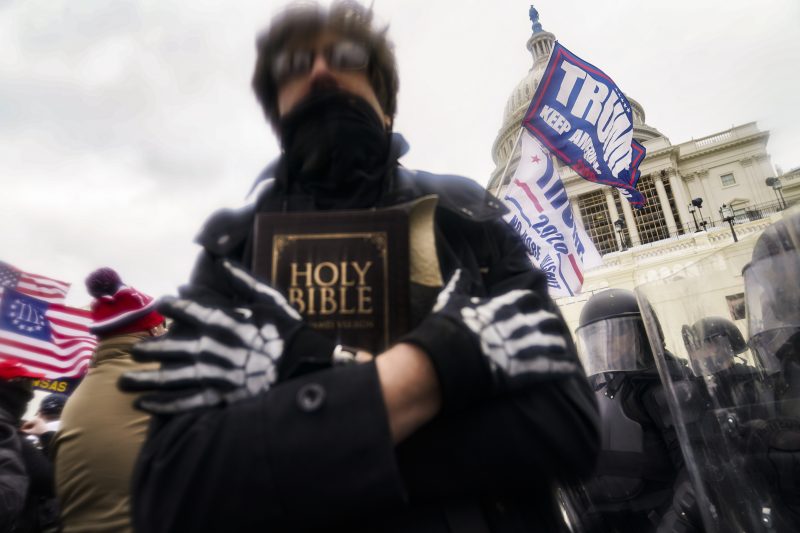
Trump’s Alarmingly Frequent Veiled References to Chaos and Conflict
Analyzing Trump’s Use of Dog Whistles Regarding Unrest and Violence
Acclaimed scholars and political observers have over time closely scrutinized Donald Trump’s speeches and public commentary, drawing the attention of the rampant use of ‘dog whistle’ politics. This rhetorical strategy involves encoding messages with broadly appealing rhetorical camouflage around violence and unrest – an art that Trump seemingly utilized throughout his presidency tenure.
A primary example of this is his consistent reference to the ‘law and order’ slogan. Throughout his campaign and presidency, Trump took on the epithet as the ‘law and order’ president, and this phrase essentially became a shorthand for his promise to crush protest movements and criminal activities. However, beneath the surface, ‘law and order’ also served as a reactionary appeal to voters sensitive to racial tensions and the changing demographics in society.
Alongside his remarks on ‘law and order,’ the use of ‘tough,’ ‘strong,’ and ‘mighty’ – disproportionately tied to his calls for aggressive response towards unrest – often echoed. These coded phrases essentially acted as dog-whistles, sending specific segments of the public a message without provoking an overall societal backlash.
Another instance of such a dog whistle is his comments about immigration. Trump’s statement about building a wall on the Mexican border to keep out ‘rapists’ and ‘criminals’ invoked fear and unrest about immigration, appealing to a particular demographic’s underlying fears and prejudices about the ‘other.’ These comments played into stereotypes and prejudice while flying under the radar of overt racism.
Of particular note is Trump’s rhetoric during the Black Lives Matter (BLM) protests that swept across the nation. Labelling the protestors as ‘thugs’ and ‘looters’ served as a clear dog whistle, stigmatising the valid civil rights movement and sowing division. His assertion that ‘when the looting starts, the shooting starts’ evidently invoked violence and unrest, and further polarised the nation.
Trump’s blatant encouragement of right-wing groups has been a source of controversy. He instructed the Proud Boys, a far-right group, to ‘stand back and stand by.’ These comments effectively served as dog whistles, legitimising, in certain respects, these groups’ actions. Similarly, his reference to protesters in Charlottesville as ‘very fine people’ aided in blurring the line between right activists and white supremacists – subtly enabling the latter.
Trump’s use of Twitter has been a significant vehicle of his dog whistle politics. Through the platform, Trump frequently retweeted
